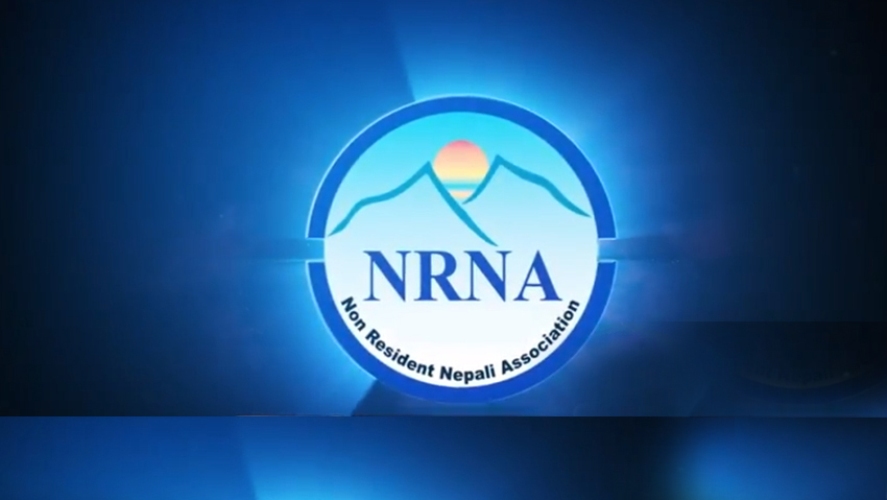KATHMANDU: Non-Resident Nepali Association (NRNA) is all set to organize the second edition of the World Knowledge Conference virtually from October 9 to 11.
The conference that aims to utilize the knowledge, skills and intellect of Nepalis living abroad and returning from abroad for the development and prosperity of Nepal, is being organized in collaboration with the government.
As per the organizer’s press statement, different non-resident Nepalis, national and foreign experts and the government’s representatives will be discussing on the impact of the coronavirus in Nepal and the steps taken around the world and the strategies that Nepal should adopt for minimizing the impact on the country.
The three-day event features four plenaries and 15 symposium sessions on various topics which will be attended by Foreign Minister Pradeep Kumar Gyawali and other representatives of the government. Similarly, experts will be presenting the goal of sustainable development by the United Nations and the 15th five-year plan of the Nepal government.
In addition, more than 300 presenters from more than 100 universities and research centers from more than 25 countries will be participating in the conference.
The conference is scheduled to be inaugurated by Prime Minister KP Sharma Oli on the first day of the conference.
The first day of the conference will feature working papers on agriculture and food security, technology-friendly and start-up companies, physical infrastructure development, the devastation caused by the coronavirus on public health, vocational education, research, technology and investment in these sectors as well as the role of the diaspora in Nepal’s development policymaking.
The second day of the conference will be discussing the current pandemic and natural disaster crisis management, science and technology policy, and the impact and resurgence of the coronavirus pandemic on the Nepali economy.
On the third day, various experts will present their working papers during parallel sessions on life and health sciences, energy, economic transformation, information and communication technology, environment and social sciences.
The outcome of the conference will be presented to the Nepal government through a white paper as a suggestion.

